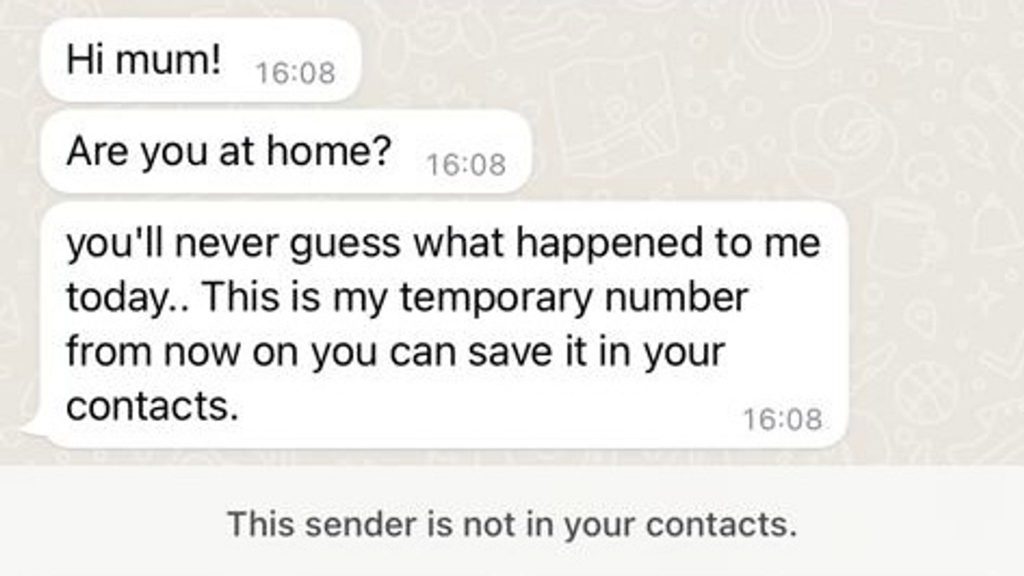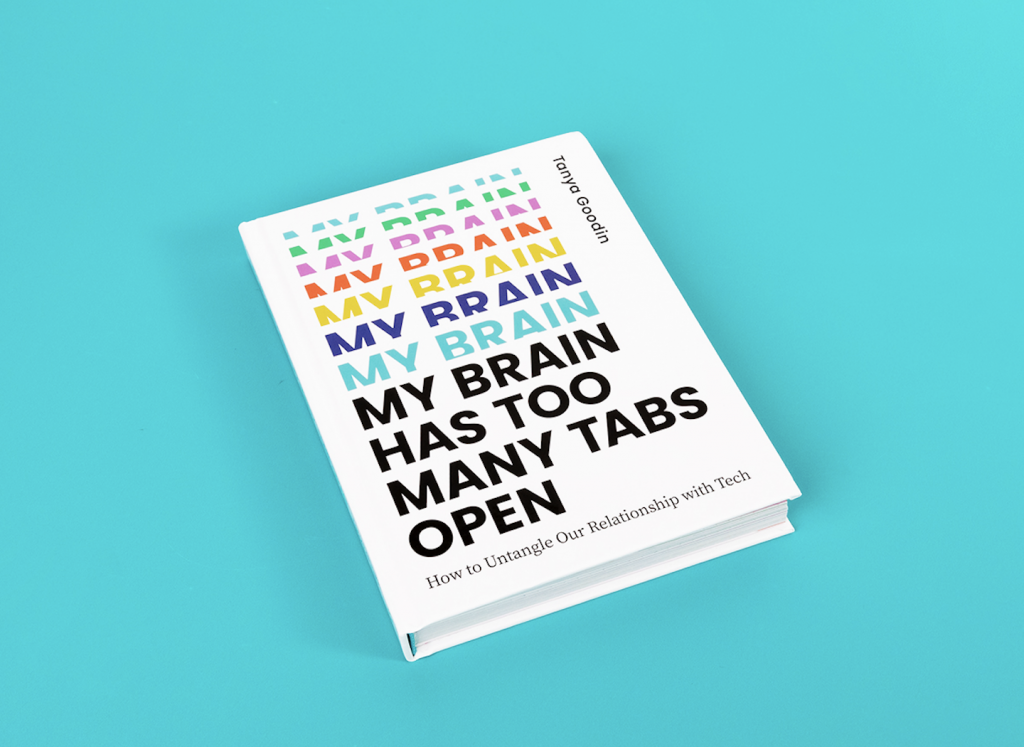In 2021 we didn’t just endure the second year of the pandemic. We also experienced a boom in cybercrime, revelations about social media and mental health, proliferating misinformation, and bad news about our relationship with Big Tech on almost every front. Here are my seven resolutions to help us all lead a healthier digital life in 2022:
Resolution #1 Protect your personal data
Probably the most important resolution for 2022, given what we have discovered over the last few years about how our personal data may be used, is to be much more careful about the data we share about ourselves. One place to start is to limit yourself in what you share on social media. Not just in your posts, but in your user description; leave the ‘about me’ section blank for example (especially place of birth, nickname etc which could be used by hackers).
You should also consider browsing in ‘private mode’ and using a VPN (Virtual Private Network). Think too about using an alternative search engine to Google. Duck Duck Go is one that is committed to preventing users being tracked and preserving privacy online. And Ecosia donates 80% of its profits to nonprofits that focus on reforestation.
“We anonymise your searches and don’t create a profile of you. We’re interested in trees, not your data.”
Ecosia.org
Resolution #2: Say ‘No Thanks’ to an upgrade
One of the most popular recent episodes of my podcast was the one devoted to the growing problem of e-waste. A toxic legacy of our digital age, the endless upgrading of our smartphones is creating tonnes of poisonous waste every year. You may not know that;
- 1.25 billion smartphones were manufactured in 2021, and that they are packed with toxic chemicals.
- The average American keeps a smartphone for a mere 34 months, before upgrading.
- Only 20% of e-waste is collected globally, most of our e-waste ends up in landfills, at home and in the developing world, where toxic metals leach into the environment.
- Even when recycled, nearly 30% of electronic material cannot be recovered.
Source: IFixit
Since discovering how badly our digital habits are impacting the environment, I’ve been holding on to my devices for much longer without succumbing to any offers to upgrade. I’m going to aim to go through all of 2022 without an upgrade too.
Resolution #3 Change your passwords
Most of us have pretty poor habits around passwords, as the annual list of the world’s most popular passwords shows below. Over 100 million people used the top one, “123456” in 2021. And, despite being told repeatedly how poor a choice the word ‘password’ is, 21 million people were still using it as a password this year.
(Note to football fans, don’t use your club name. ‘Liverpool’ was the third most popular password in the UK last year, with ‘Liverpool1’ at fifth for those who thought they were being particularly clever).
- 123456
- 123456789
- 12345
- qwerty
- password
- 12345678
- 111111
- 123123
- 1234567890
- 1234567
Source: NordPass Top 200 Most Common Passwords 2021
To start 2022 on a secure footing, change all your passwords to something more secure. A good password is completely random and isn’t related to your name, hobbies, interests or pets. Start with a random word generator. Create a three word phrase, hackers start with short words first, so aim for your password to be over 10 characters. Then, replace some of the characters in the words with digits to make it even more secure.
Using the generator just now, I came up with way lemon bed which, when replacing some of the characters with numbers, I changed to w8yl3m0nb3d. Running this through a password checker suggests it will take a computer 33,000 years to crack. (NB Please do not use this password. Publishing it here means it’s no longer unique, or secure. Create your own).
You can of course, also use a password manager to generate one-time unique passwords every time. But, the security of the random three word method suggests this may be good enough for the average user.
Resolution #4 Think Fraud First
Cybercrime and online fraud has been booming in the past twelve months. Attacks on companies and infrastructure have garnered the most headlines, but consumers have also been relentlessly targeted.
Over just three months in the UK in 2021, consumers reported losses of over £50,000 through a ‘Friend in Need’ WhatsApp scam. Users were contacted via WhatsApp by someone claiming to be a family member who had their ‘old’ phone stolen, and who needed money.

And a Royal Mail parcel scam also circulated this year, with texts claiming an additional fee needed to be paid for delivery. Clicking on the payment link sent money straight into the scammers’ bank accounts.
Your fourth resolution for a healthier digital life should be Think Fraud First when any texts, emails or messages received. Don’t ever click on any links in messages, always assume they are fraudulent. Use independent contact methods to connect with the purported sender. Verify their identity by as many means as possible before doing anything. It may be useful to agree a password with any close friends or family that you can use in emergencies. (Please, just don’t let this be ‘password’).
Resolution #5 Re-think Work-Home Balance
Working from home in the pandemic has come with unique problems. One of them may be that we are making many more mistakes in our work at home compared to our work in the office.
Researchers at the Rotterdam School of Management in Netherlands investigated nearly 215,000 world-class chess players. They found they had been making worse moves when playing online from home than when physically facing opponents over the board. The impact on performance when playing remotely would have taken the world’s No.1 top-rated player down to the same rating as the 20th-best player.
“Chess is in many ways similar to the work of the knowledge society’s office workplaces: the game is strategic, analytical and takes place under time pressure.”
Dainis Zegners, Rotterdam School of Management
And, a University of Chicago study found that while hours worked increased by roughly 30% during the work-from-home period, output did not significantly change. Productivity actually fell by about 20%.
In 2022 we all need to think carefully about where and how we work. #wfh may not always be the answer.
Resolution #6 Prioritise Backups
Anyone who has ever suffered the anguish of losing a document they have laboured over may be familiar with the dawning realisation that there are no back-ups.
If you don’t already have a system for backing up your data, make 2022 the year you get one. Back-up laptops and desktops monthly at a minimum and follow the 3-2-1 rule. Three copies of your data, two kept locally (say one on a USB and one on an external drive), then one copy remotely (in the cloud).
Resolution #7 Take Time Out
Leading a healthier digital life in 2022 should not involve spending every waking hour in the digital world. But, it’s not what’s happening on the screen that should inspire our 2022 resolutions. As I frequently enjoin audiences for my corporate talks, we must think about the missed opportunities away from our screens when we spend so much time upon them.
“The influence of social relationships on the risk of death are comparable with well-established risk factors for mortality such as smoking and alcohol consumption and exceed the influence of other risk factors such as physical inactivity and obesity.”
Holt-Lunstad, J., Smith, T.B. & Layton, J.B. (2010). Social Relationships and Mortality Risk
Studies tell us that our health and happiness is linked to the number and quality of our personal relationships. People who are more socially connected to family, friends, or their community are happier, physically healthier and live longer, with fewer mental health problems than people who are less well connected. If that doesn’t inspire you to put your screens down more in 2022, and spend your time with the people closest to you instead, I don’t know what will.
Have a happy, digitally healthy, New Year!
Read more on leading a healthier digital life

If you enjoyed my resolutions for 2022, and want to read more from me on living a healthier digital life this year and beyond, pick up a copy of my new book.
